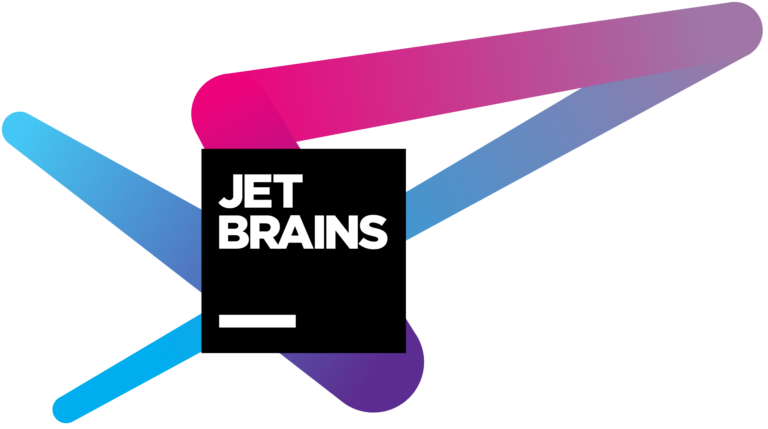
JetBrains has put developing TeamCity Cloud at the top of its to-do list, and said a public beta should be good to go this summer
The Czech-based tools vendor outlined its plans for its TeamCity CI/CD platform in a brace of blog posts yesterday, echoing its rolling out of a public roadmap for its IntelliJ IDEA product last year.
According to a blog post by Alexander Rassokhin, TeamCity Cloud would free developers of “the pain of installing and maintaining build infrastructure.”
He said it would consist of a “fully managed CI/CD solution that will be completely hosted and supervised by JetBrains” and will have “everything you love about the original TeamCity, and it will run your builds and tests on dedicated instances in the cloud, fully isolated from other users.” Current users were promised “a way to migrate local installations to the cloud solution.”
Also in development is multi-server scalability, with the vendor saying “Running multiple TeamCity servers and making them work together can elevate your CI/CD to a whole new level of performance and reliability.” For clustering environments, it was currently developing trigger processing to allow secondary servers to share the load of a primary server. Also in development is a full featured UI for secondary servers, which will “enable your team to keep working with TeamCity while the primary server is under maintenance”.
Further out, there will be an effort to make the secondary server equal to the primary server, “enabling the secondary server to process the build queue and start builds.”
Kubernetes is also on the agenda, with TeamCity 2020.1 seeing an improved and bundled plugin, “so you can use it right out of the box”. Also in development are pre-packaged build agents, which will “make creating and updating cloud images faster and more straightforward”. A little further out, are persistent caches for cloud agents, and the company is also “exploring” new licensing options, as the firm admits its current policy is “restrictive” by requiring annual licenses for build agents that are only used at peak times.
Moving to the core CI features, conditional build steps and trigger defined parameters are under development, both of which are apparently in response to users’ demands. The vendor is working on intelligent test splitting, and agentless builds, but these are in the design not development stage.
Looking at the Kotlin DSL, Rassokhin wrote that it was developing per-branch configurations, allowing users to use different project settings in different branches. It is also working on allowing project configurations to be viewed as DSLs. Right now it’s only possible to do this for build configurations.
The vendor is also working on a slew of new integrations, with .NET 5, Jira Software Cloud, and Azure in development, while Python and JetBrains Space integrations are in the design stage.
Meanwhile, TeamCity 2020.1 reaches its second early access build this week. New feature include notifications at the build configuration level, and support for customer encryption keys.
